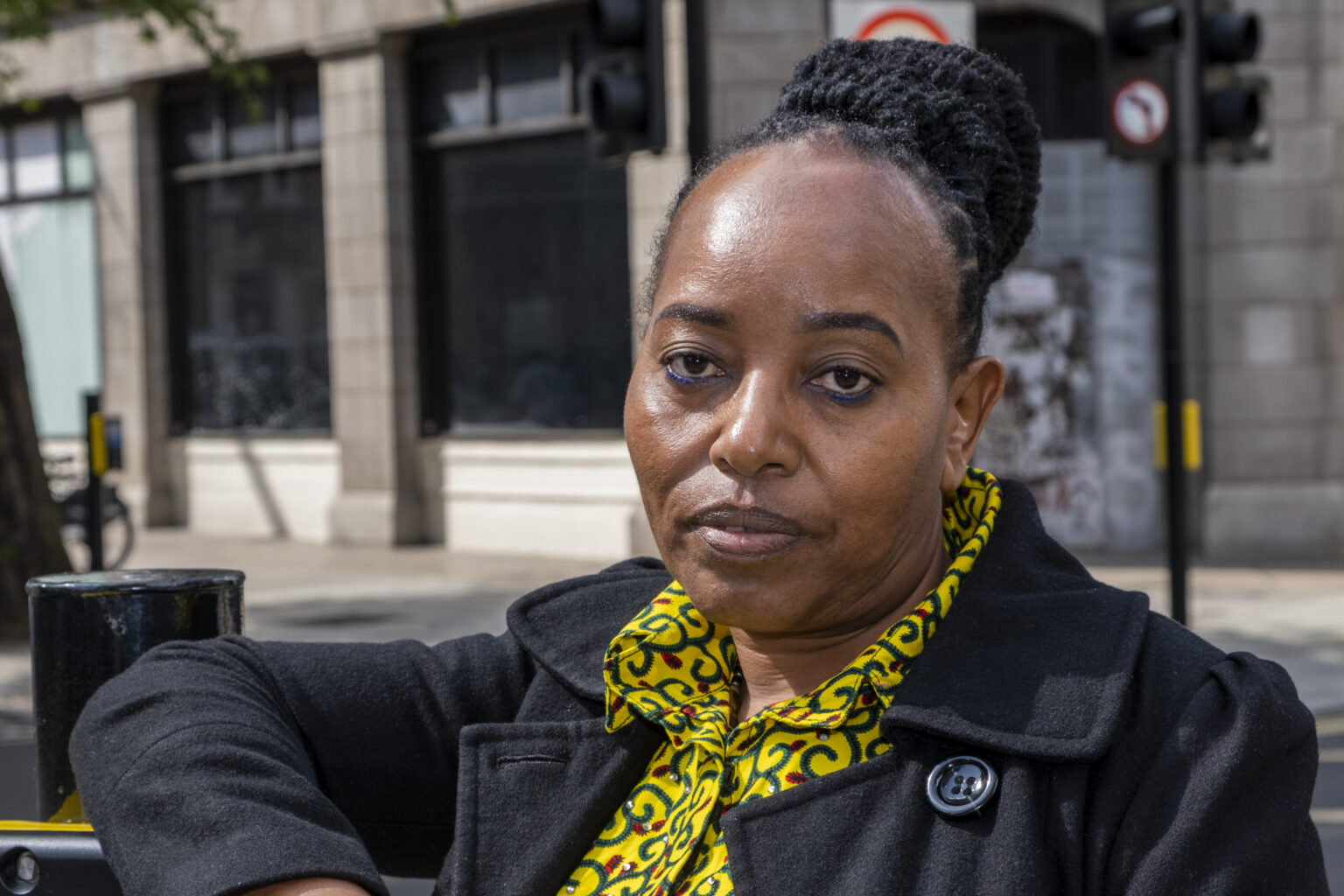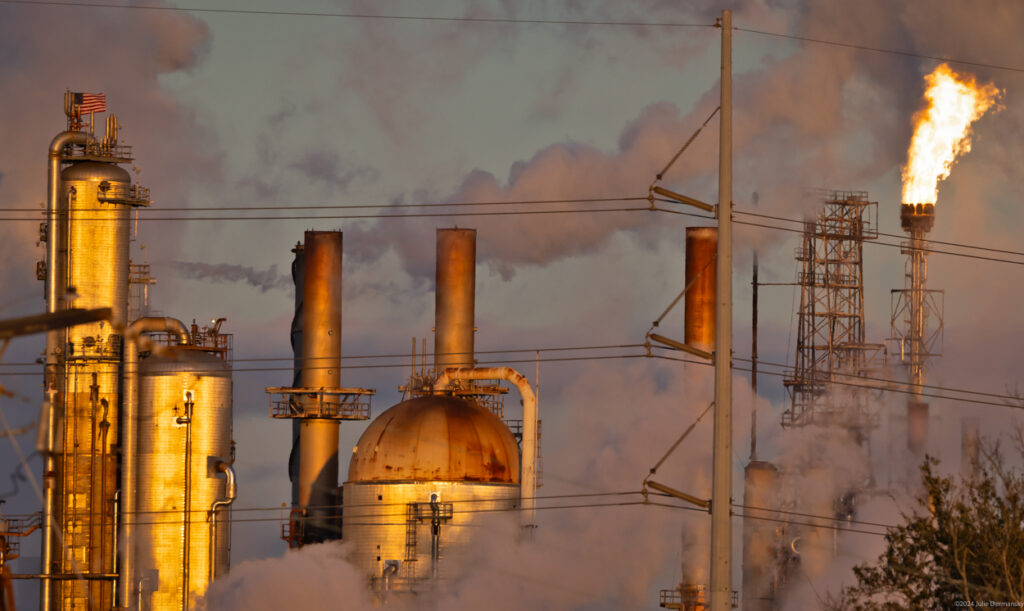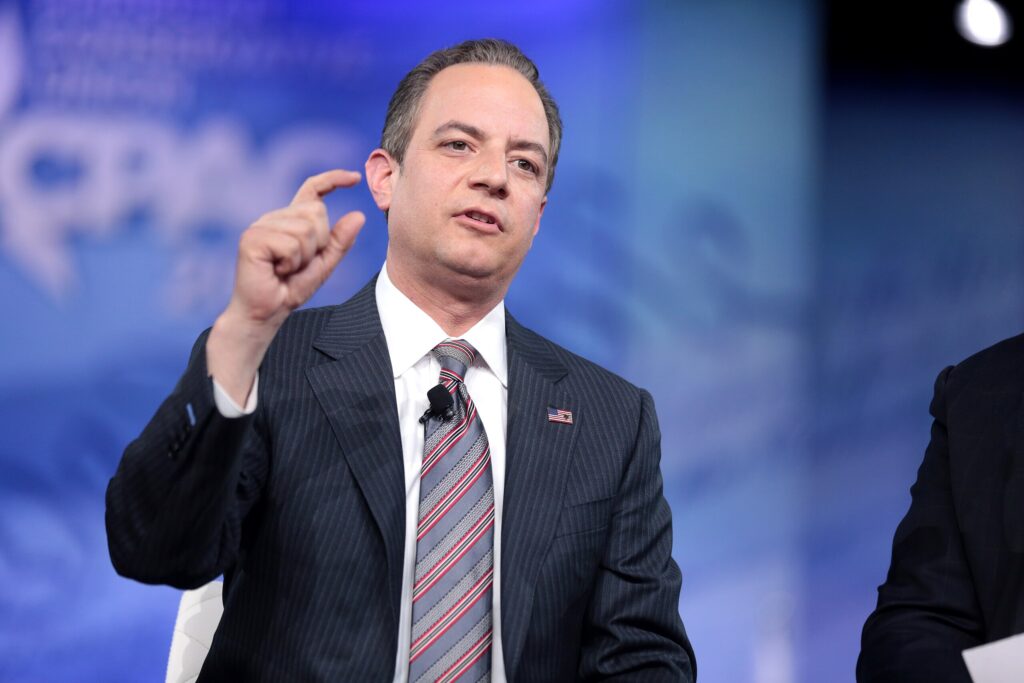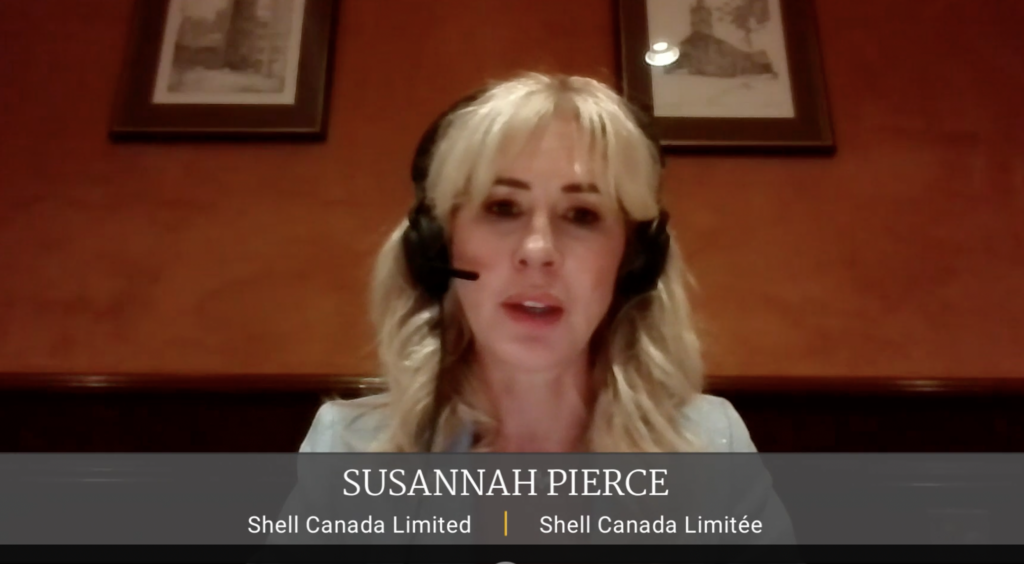A Kenyan human rights campaigner has voiced her anger at being removed from the list of delegates to an African oil and gas conference in London on the grounds that the event was “sold out” – even as organizers continued to advertise tickets.
Salome Nduta, Africa coordinator for campaign group OilWatch Africa, said she believed she had been deliberately excluded from this week’s Africa Energies Summit, whose sponsors include Royal Dutch Shell, TotalEnergies, Chevron, ExxonMobil and Eni.
“I feel so angry,” Nduta told DeSmog. “They didn’t want me to be there.”
Frontier Energy Network, which organises the May 16-18 conference, declined to comment.
Campaigners said Nduta’s concerns over the Africa Energies Summit reflected long-running struggles by African advocacy groups to win a fair hearing at high-level industry or government meetings.
Nduta said she had assumed her place was confirmed on Friday, when a colleague paid £4,074 for her ticket and received an emailed invoice from the conference confirming the payment had been received, according to screenshots shared with DeSmog. The ‘delegate pass’ Nduta had purchased promised access to a networking drinks reception and a list of attendees.
Twenty-five minutes later, organisers emailed Nduta to say that tickets had sold out earlier that afternoon. She had been removed from the delegates list and granted a refund, the email said.
“I am sorry to report that we sold out of tickets this afternoon and have no capacity for more delegates,” said the email, which was seen by DeSmog.
The conference website continued to advertise tickets until a “sold out” sign appeared on the website on Tuesday.
It was not immediately possible to establish the reason for the discrepancy between the email Nduta received saying tickets had sold out on Friday and the apparently continued availability of tickets on the conference website for another three days.
Nduta said she had wanted to attend the conference to inform her advocacy work among affected communities but suspected that organisers had feared she might criticise oil and gas executives.
“As a woman, we struggle to be given a voice in these spaces, and as an African woman the hurdles I’ve faced back home to work in this area have been enormous,” Nduta said.
“To finally have the opportunity to participate in this space and then to face this whole other level of discrimination – I can’t believe it,” said Nduta, who used her pre-booked air ticket to visit London-based colleagues, despite being unable to attend the conference.
In response to a request for media accreditation to cover the conference, Frontier Energy Network told DeSmog that there were no “media places.” Organisers do not publicly disclose the venue of the conference – which has been targeted by climate activists in the past.
‘Locked Out’
Interest in African oil and gas exploration has ramped up since Russia’s invasion of Ukraine last February prompted a hunt for alternatives to Russian gas. Climate and human rights campaigners have warned European governments to halt their “dash” for African gas, fearing new fossil fuel projects will devastate communities and exacerbate climate change.
Billed as “Africa’s premier energy conference”, the Africa Energies Summit opened on Tuesday with a keynote speech on “Realising Africa’s true oil & energy potential.” Although the conference says it aims to explore renewable energy, the vast majority of sessions relate to oil and gas. Events included: “A case for frontier exploration,” hosted by market intelligence providers S&P Global; “Investing in Africa today,” put on by Chevron; and a session hosted by Eni called “Africa, at the heart of our strategy.”
“Many times, Africans end up being locked out of events, even after spending money on registration, accommodation and air tickets,” said Dean Bhekumuzi Bhebhe of climate campaign group Don’t Gas Africa. “Does the world really want Africa and Africans in climate processes? Why are we discriminated against in conversations on an issue that concerns us the most? Is the world sincere at all?”
At the U.N. climate talks in the Egyptian resort of Sharm-el-Sheikh in November, the oil and gas industry sent 636 representatives to the conference – an increase of more than 25 percent on the previous year, according to research by Global Witness.
“This summit is the latest in a concerted effort from the fossil fuel industry to expand oil and gas extraction across the African continent, riding roughshod over both the need to phase out fossil fuels and local opposition,” said Hanna Hindstrom, senior investigator at Global Witness.
“By excluding activists from Africa the industry is making it abundantly clear they have no interest in even hearing important local voices, let alone listening to them,” Hindstrom said. “This is the classic fossil fuel playbook: push to extract; shut out and ignore the participation of those who will be hit first and hardest as a result of their toxic practices.”
Subscribe to our newsletter
Stay up to date with DeSmog news and alerts







